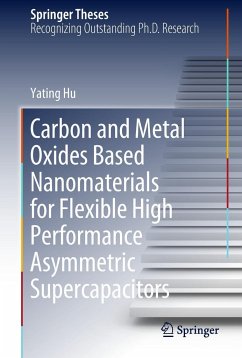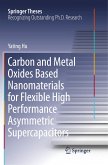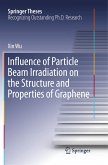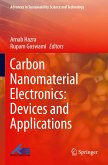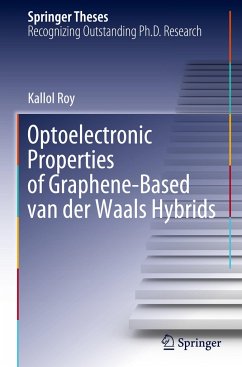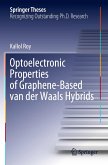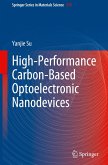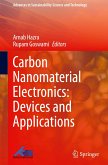This thesis examines electrode materials such as mesoporous carbons, manganese oxides, iron oxides and their nanohybrids with graphene. It also explores several of the key scientific issues that act as the governing principles for future development of supercapacitors, which are a promising class of high-efficiency energy storage devices for tackling a key aspect of the energy crisis. However, critical technical issues, such as the low energy density and reliability, need to be addressed before they can be extended to a wide range of applications with much improved performance. Currently available material candidates for the electrodes all have their disadvantages, such as a low specific capacitance or poor conductivity for transition metal oxide/hydroxide-based materials.
This thesis addresses these important issues, and develops a high-performance, flexible asymmetric supercapacitor with manganese oxides/reduced graphene oxide as the positive electrode and iron oxide/reduced graphene oxide as the anode, which delivers a high energy density of 0.056 Wh cm-3.
This thesis addresses these important issues, and develops a high-performance, flexible asymmetric supercapacitor with manganese oxides/reduced graphene oxide as the positive electrode and iron oxide/reduced graphene oxide as the anode, which delivers a high energy density of 0.056 Wh cm-3.

